Did You Know 1 in 10,000 Girls Worldwide are Born with Rett Syndrome?
An Open Conversation About my Sibling
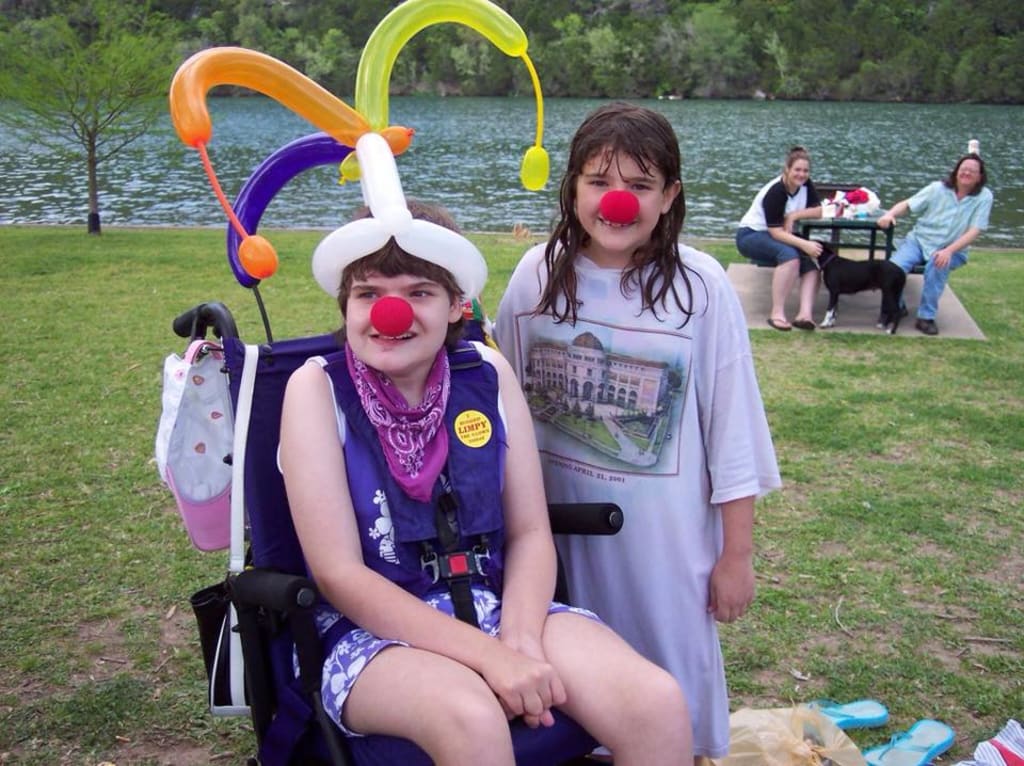
I don't really pull this fact out of my pocket to impress strangers. If anything, it is prompted by a very common question: "What's wrong with your sister?"
So few people are aware of Rett Syndrome's existence. Chances are, you clicked on this article because you don't know what this disorder is either. Don't worry, I'll get to that part soon.
For the longest time, I couldn't answer questions like that without getting defensive of my older sister, Amy. I would clap back: "What do you mean what's wrong with her? Do you have an issue with the way she looks and behaves?" This was because I had grown up alongside her.
She was "normal" to me. The seizures, the nightly screaming, the hundreds of doctor's visits and surgeries and ER runs; all of it was just "normal".
It's safe to say it was by the time I enrolled in college that I became more accepting and understanding of people's curiosity and open stares. Maybe it was the academic climate; the free exchange of knowledge and information between all types of people from places around the world. It made me realize that I could not only be my sister's protector, but also her advocate.
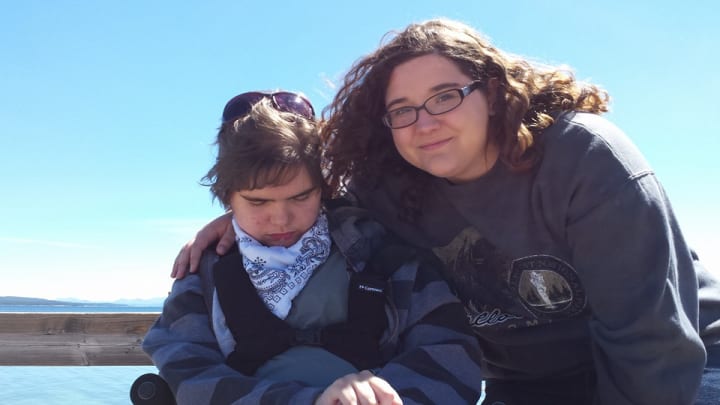
So, what is Rett Syndrome, you ask?
Rett Syndrome is a rare genetic neurological disorder that has affected every part of my sister's life. Like most other Rett girls, Amy was diagnosed at a very early age; barely a few years into her development. If you want a clear-cut way of noticing Rett Syndrome, one of the hallmark signs of it is near-constant, repetitive hand movements. We like to call it "hand-ringing".
Symptoms include: loss of speech, loss of muscular control in their hands, loss of mobility and gait disturbances, seizures, slowed rate of growth, loss of muscle tone, breathing issues, problems with sleep, and scoliosis.
My sister, Amy, has all of that and more.
Amy is the toughest person I know. She goes through a different kind of hell every single day, and yet she still manages to have good days where her smile can light up an entire room.
Now, at 27, she battles IBF, pneumonia, and a compromised immune system, and is no stranger to the ER. This stress, thankfully, hasn't hindered our family's relationships.
I argue Amy's condition has brought us even closer together.
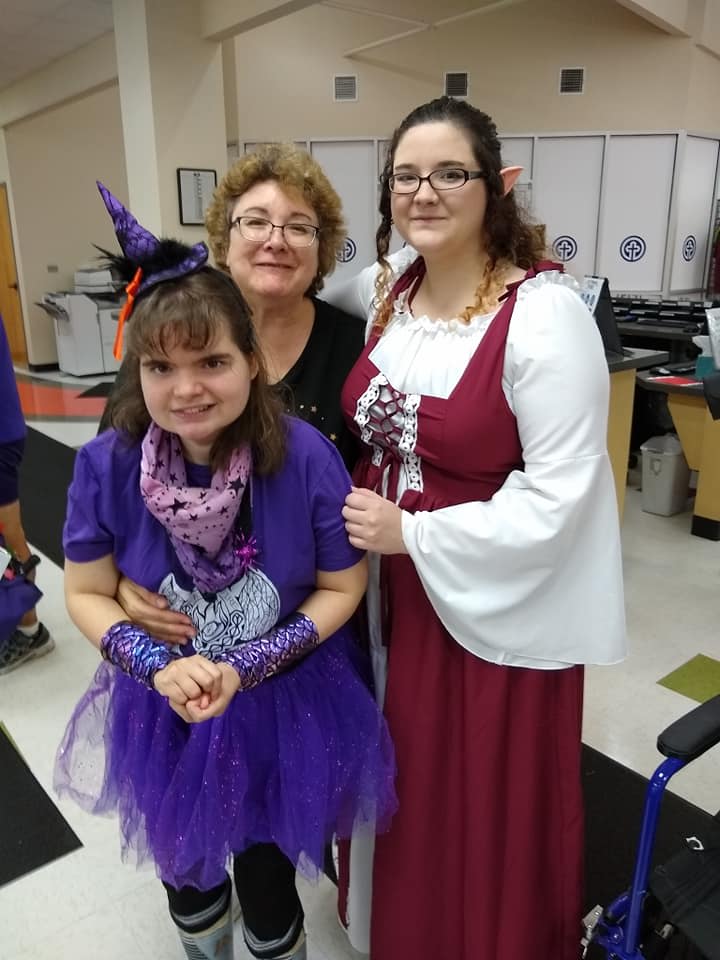
The cause for Rett Syndrome has, in the last few years, been isolated. Thanks to intensive research and drug trials, we now know that Rett Syndrome is caused by a genetic mutation. These mutations occur on the X chromosome, which is the reason why Rett Syndrome mostly only affects girls-on a gene called MECP2.
Rett Syndrome, like other similar disorders such as Autism, is a spectrum. Symptoms can range from mild to severe and are all dependent on where the mutation lies on the gene, as well as its type.
My sister falls on the more severe end of the spectrum due to her lack of mobility and speech. There are Rett girls out there who can walk, talk, jump and act out almost normal lives, but my sister relies on us - her family - every hour, seven days a week.
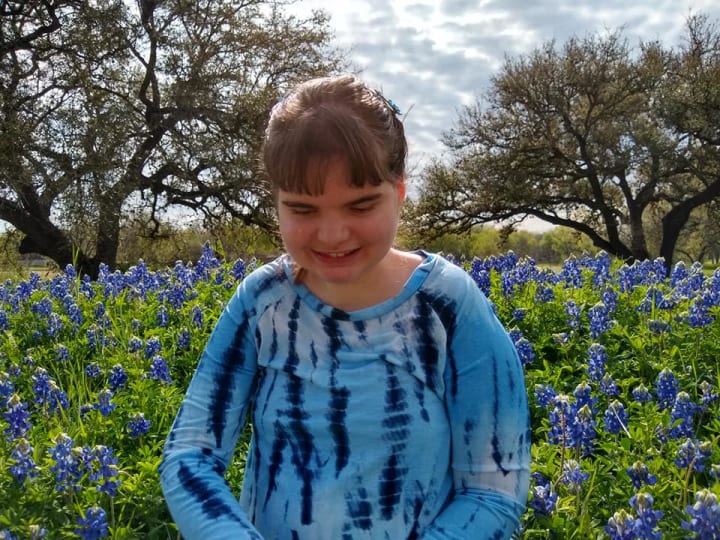
The Future of Rett Syndrome
Thanks to technological and medical advances, Amy's quality of life has remained fairly steady in her 20's. I would be lying, however, if I said there hasn't been a slow decline in her overall health, but that hasn't stopped us from hoping for better.
Several years ago, we enrolled my sister in drug trials for a new medication for Rett girls. This was to be the first step toward finding a cure for my sister's disorder and opening the door to gene therapies and a broader understanding of the disorder.
I can still remember my mother's and father's tears when my sister's awareness began to turn on after being on the drug for a few days, like a light flickering inside of her brain. Her hand movements began to slow and she was a bit more stable on her feet. For me, my clearest memory was walking into the hospital room and finding my sister's bright, cheery gaze looking directly at me.
Eye contact for my sister is rare, so it was a very impactful moment.
This previous year, we were enrolled again into a second trial, with promises that medication was on the horizon. The dosage was smaller, so there weren't very many if any changes to my sister's behavior. Still, these trials have been a major boost for me and my family, and we hope Amy's health can hold until a drug is properly released.
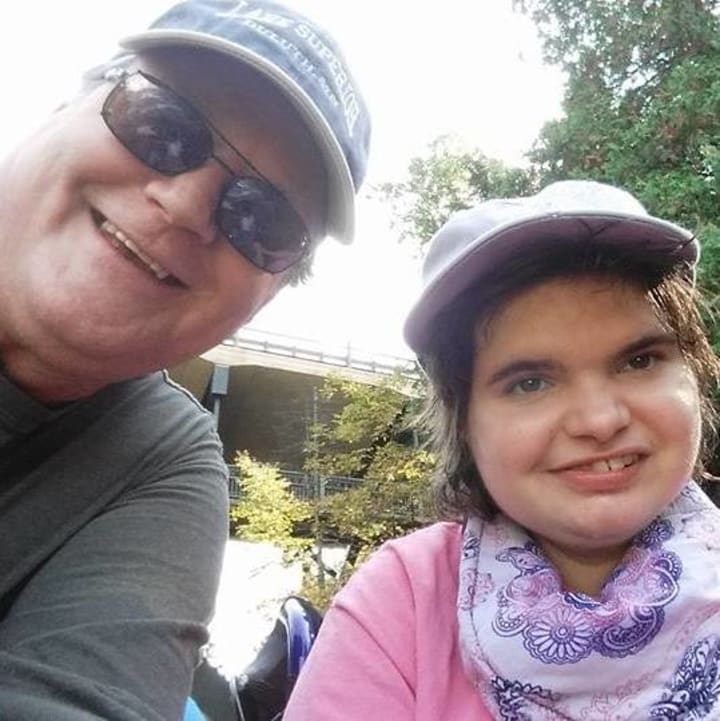
Then, less than a year ago, we were able to acquire an eye reader; a device that uses Amy's eye movements to relay prechosen words and phrases for her. It's been something my mother especially wanted for Amy, as Amy hadn't properly spoken to us in any serious capacity since she was a toddler.
It would be the first time in my life that I would get to hear Amy say "hello".
It's not perfect; far from it. Due to her lack of eye coordination, sometimes we will hear the machine ramble on and on repetitively, or she will keep changing her mind about what she wants to do. Though there have been times when Amy will giggle and crack a smile after doing that. When this happens, you know she's spamming the machine on purpose!
One of the very first things she learned to say through the machine and eventually spam was: "I love you."
Then, this year, on February 9th, the day I turned 25, I had my very first real and meaningful conversation with my sister. It went something like this:
"I don't feel like celebrating my birthday," I said.
Within the span of a few seconds, Amy replied. "Why?"
A moment of shock at her quick response, and then:
"Because I just don't want to."
"Why?"
"I'm not happy. There is no point in celebrating."
"Bad!"
I laughed, shocked and in awe, and looked over to see my sister grinning from ear to ear.
"Bad? Are you saying not celebrating my birthday is bad?"
"Bad!"
"Yeah, you're right it is bad. I should be celebrating shouldn't I?"
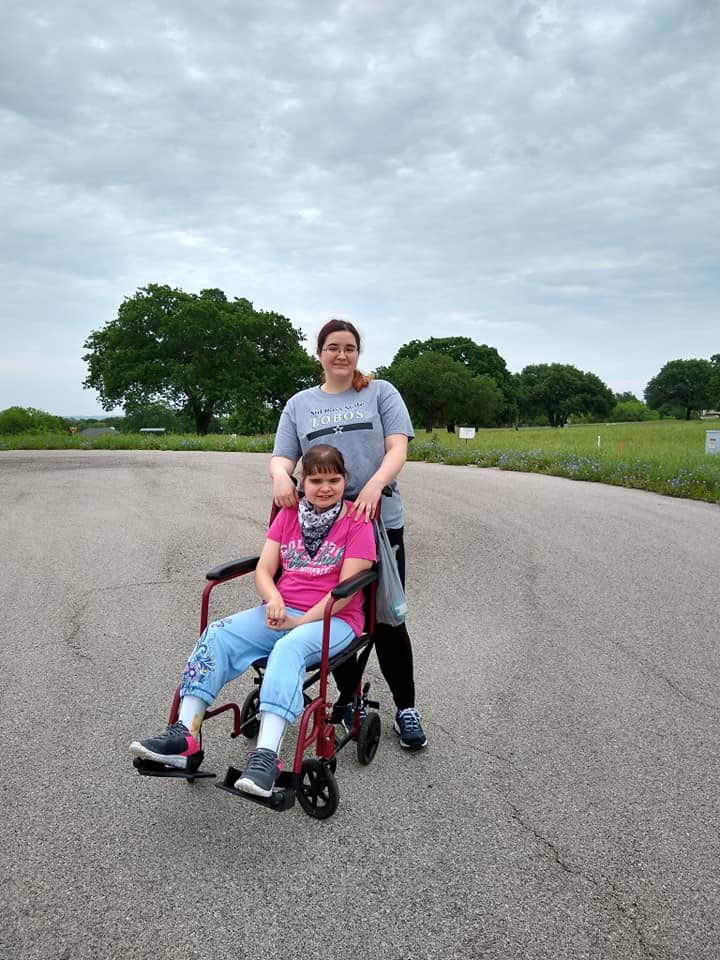
If you want to learn more about Rett Syndrome, go to www.rettsyndrome.org and join us in our fight for a cure.
About the Creator
Amanda Starks
Lover of the dark, fantastical, and heart-wrenching. Fantasy writer, poet, and hopefully soon-to-be novelist who wants to create safe spaces to talk about mental health. Subscribe to my free newsletter at www.amandastarks.com for updates!
Enjoyed the story? Support the Creator.
Subscribe for free to receive all their stories in your feed. You could also pledge your support or give them a one-off tip, letting them know you appreciate their work.






Comments (2)
This was equally informative and heartwarming. You can feel the love and respect you have for your sister through this. Absolutely beautiful.
This was so touching and heartwarming x Your relationship with you sister is just so beautiful 🤍